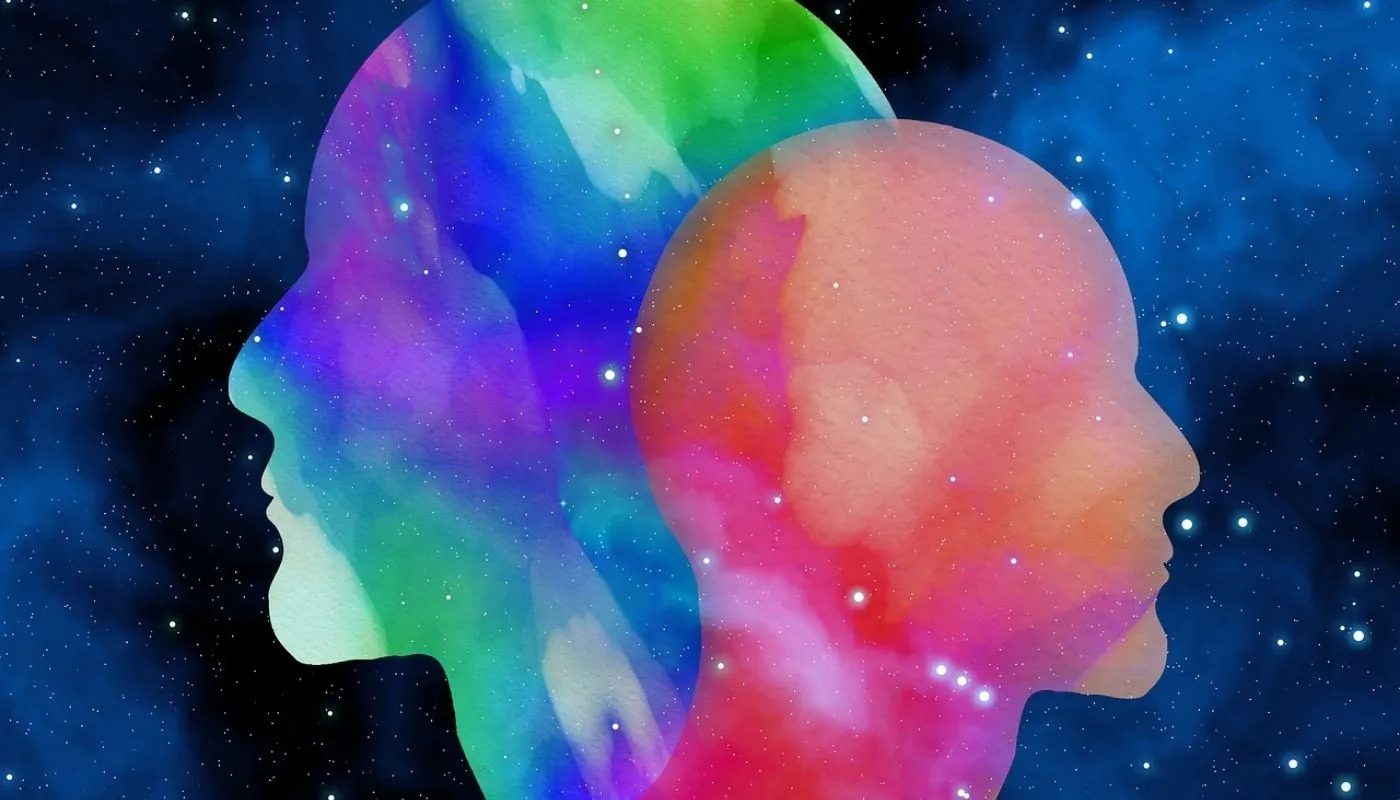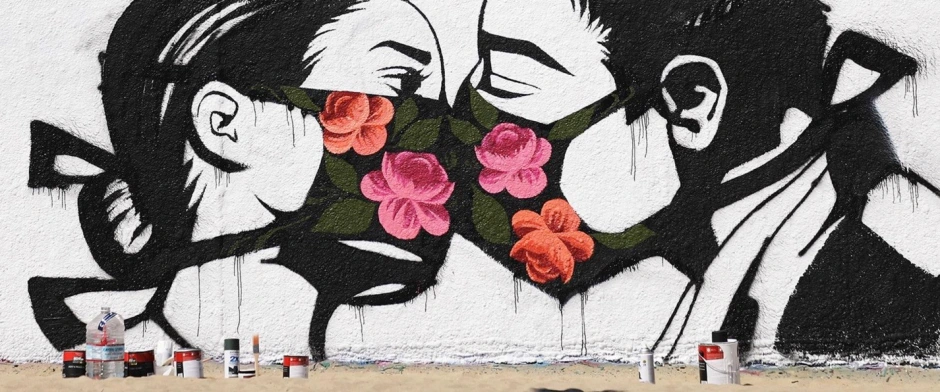How Memes Are the New Form of Philosophy

Philosophy has traditionally belonged to books, classrooms, and intellectual debates. From Plato’s dialogues to Nietzsche’s provocations, philosophical ideas have shaped how we see the world. But in the digital age, a new medium is emerging as an unlikely heir to this tradition: memes. What started as humorous internet images has evolved into a powerful way of expressing ideas, challenging norms, and even reshaping public discourse. In many ways, memes have become the new form of philosophy.
1. Complex Ideas in Simple Forms

One of philosophy’s core goals is to communicate complex thoughts about existence, society, and human behavior. Memes, surprisingly, do something similar—only faster and more accessibly. A single image paired with a clever caption can express ideas that might otherwise take pages of writing.
For example, a meme about “late-stage capitalism” can critique economic systems more effectively than a long article for certain audiences. Similarly, memes about “the absurdity of life” echo existentialist philosophers like Camus but deliver the message in a format anyone can share in seconds. This ability to distill big concepts into bite-sized insights makes memes a modern tool for philosophical expression.
2. Participatory Philosophy
Traditional philosophy is often limited to scholars, authors, and academics. Memes, however, democratize the conversation. Anyone with a phone and internet connection can create, remix, and share their perspectives.
Think of it as a global philosophical dialogue that never sleeps. Someone in one corner of the world makes a meme about social anxiety, and someone else adds their own twist, contributing their perspective. This constant back-and-forth resembles Socratic dialogue—but instead of being held in a Greek agora, it’s happening on Instagram, Reddit, and TikTok.
Memes make people part of the philosophical process. Rather than passively consuming ideas, they actively participate in shaping cultural meaning.
3. Memes as Social Commentary

Many memes go beyond humor—they critique society, politics, and culture. When people share memes about environmental issues, political hypocrisy, or generational struggles, they’re engaging in modern social philosophy.
Take, for example, the rise of “Doomer” and “Zoomer” memes. These images reflect generational attitudes toward the future, technology, and identity. They reveal underlying worldviews in a way that academic papers sometimes can’t. Memes often use irony and satire to highlight contradictions in society, much like philosophers have done for centuries.
4. The Power of Virality
Philosophical ideas often take years or decades to influence society. Memes can do it overnight. A single viral post can spark debates, shift opinions, or inspire movements.
For example, the “OK Boomer” meme was more than a joke; it became a cultural statement about generational divides. Similarly, memes during global events like the pandemic became tools for coping, questioning authority, and building collective understanding.
This speed and reach give memes a unique power: they spread philosophical ideas organically, without institutions controlling the narrative.
5. Philosophical Themes Hidden in Humor
Memes often hide deep themes beneath their humor. Some explore existential dread (like “me_irl” or nihilistic memes), others comment on identity and self-awareness (meta memes), and some even address epistemology—how we know what we know—through ironic takes on fake news or conspiracy theories.
People may not label these as “philosophy,” but they’re engaging with the same fundamental questions thinkers have explored for centuries:
- Who am I?
- What is real?
- What is the right way to live?
- How should society work?
Memes provide a new language to discuss these age-old questions.
6. The Risks of Meme Philosophy

Of course, there are downsides. Memes can oversimplify complex issues, spread misinformation, or reinforce echo chambers. Philosophy aims for critical thinking, while memes can sometimes encourage quick judgments.
However, this is not unlike how philosophy itself has been misused throughout history. Just as simplified interpretations of philosophical texts have led to misunderstandings, meme culture can distort ideas if not engaged critically. The key is recognizing memes as starting points for reflection, not definitive answers.
7. A Bridge Between Generations
Memes also serve as a bridge between traditional philosophy and younger generations. While academic philosophy can feel distant or intimidating, memes bring those same themes into everyday conversations. A teenager might not read Sartre, but they might share a meme that expresses existential boredom perfectly.
This connection makes philosophy more accessible and relatable, ensuring that critical thinking continues to thrive—even if the medium looks very different.
Conclusion
Memes may seem like trivial jokes on the surface, but beneath their humor lies something powerful. They communicate ideas, critique society, spark conversations, and reflect collective consciousness—all core functions of philosophy.
In the digital age, philosophy has found a new home not just in classrooms or books but in the endless scroll of our social feeds. Memes are not replacing traditional philosophy; they are transforming how it spreads and evolves.
So next time you laugh at a clever meme, take a moment to look closer—you might just be witnessing modern philosophy in action.

